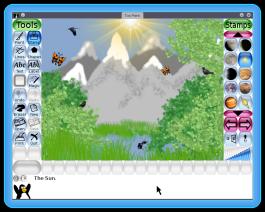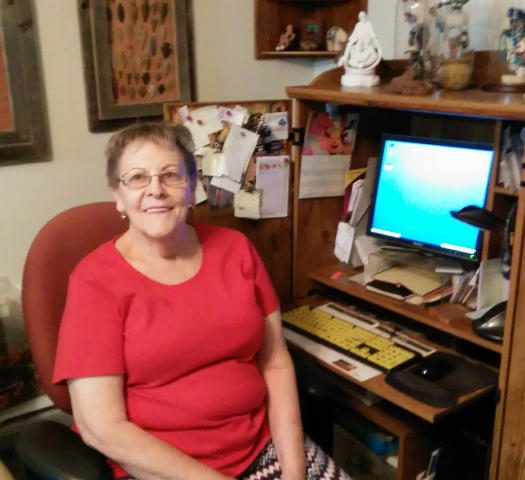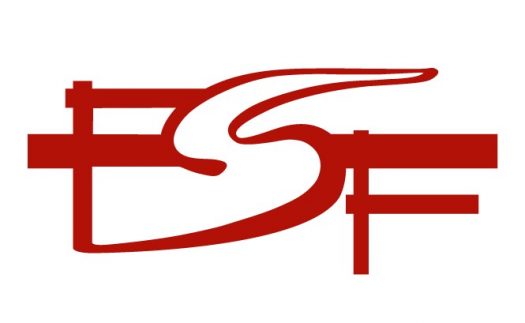The vision behind free and open source is software that serves all people on this planet of ours. The project to produce Shendy takes that…
Posts published in “Community”
Free Code Camp is an organization that teaches people to code. As part of this free training, student coders produce free code needed by nonprofit…
It’s easy for those of us in the US to become chauvinistic about our language. Our country is geographically huge, making it easy to think…
Also included: Debian developer Kristoffer H. Rose passes, two new distro releases, Apricity OS adds 32-bit, Canonical gets Kubernetes, Snapcraft gets a new release and getting ready for All Things Open.
FOSS Week in Review
Yikes! Remember last weekend when I was so happy that the dog days of summer had left us behind to be replaced with more comfortable autumnal temps? While that’s true, with nights getting chilly enough that I’m going to have to dig out my comforter, I forgot that this time of year is also the peak of the hurricane season. This means that for much of the next week I’m keeping a wary eye to the south, where Hurricane Matthew may or may not have my part of the Carolinas directly in its sights. It looks as if we’ll know better about what it has in mind by Tuesday afternoon.
 Tux Paint needs a Mac maintainer: Everybody’s favorite FOSS paint tool is having a little trouble running on Macs these days — specifically on OS X 10.11 El Capitan. Designed with kids in mind, the app is used extensively at schools, with many school systems now upgrading to El Capitan, which was released a year ago.
Tux Paint needs a Mac maintainer: Everybody’s favorite FOSS paint tool is having a little trouble running on Macs these days — specifically on OS X 10.11 El Capitan. Designed with kids in mind, the app is used extensively at schools, with many school systems now upgrading to El Capitan, which was released a year ago.
Christine Hall has been a journalist since 1971. In 2001, she began writing a weekly consumer computer column and started covering Linux and FOSS in 2002 after making the switch to GNU/Linux. Follow her on Twitter: @BrideOfLinux
We hope you enjoy and are inspired by this short video celebrating Preeti Murthy and Jessica McKellar, the winners of this year’s Red Hat Women in Open Source Awards.
The Video Screening Room
This short video packs a lot of punch. Inspiring and hopeful.
“Learning how to program does this really important, weird thing in your brain and you realize you have this power now. This mindset that if you see something that could be better, you have the power to change it, is a mindset that I want as many people as possible to have on this planet. It can start with open source, but the really exciting part for me is when you can apply that mindset to other domains.” – Jessica McKellar, Director of Engineering at Dropbox
For the past 10 years, Phil has been working at a public library in the Washington D.C.-area, helping youth and adults use the 28 public Linux stations the library offers seven days a week. He also writes for MAKE magazine, Opensource.com and TechSoup Libraries. Suggest videos by contacting Phil on Twitter or at pshapiro@his.com.
There are many ways to contribute to an open source project. There are also many reasons for doing so. But before jumping in, you might want to know how things generally work within these projects.
The Video Screening Room
If you’re interested gaining some tips and insights into how to contribute to open source, this video of a presentation given on September 19 at the JavaOne conference in San Francisco by Gunnar Wagenknecht, a software engineer at Salesforce, and Wayne Beaton, director at the Eclipse Foundation, might be useful to you.
For the past 10 years, Phil has been working at a public library in the Washington D.C.-area, helping youth and adults use the 28 public Linux stations the library offers seven days a week. He also writes for MAKE magazine, Opensource.com and TechSoup Libraries. Suggest videos by contacting Phil on Twitter or at pshapiro@his.com.
One of the things we took away from this talk is that open source can be fun — and that’s a good thing. The Video…
A member of the Libreboot development team has painted a picture of a lead developer who is out-of-control.
It will probably not come as a surprise to anyone who’s been following the news about Libreboot’s sudden withdrawal from the GNU Project that not everyone connected with the Libreboot project is in agreement with project lead Leah Rowe’s recent actions.
 If you need catching up, the story began on Friday when Rowe posted a notice to the GNU mailing list removing Libreboot — a project that produces free, open source and blob-free software to replace proprietary BIOS firmware — as a GNU project, which it had been since May. The reason, she said, was that an unnamed friend employed by the Free Software Foundation had been dismissed on the basis of her trangendered status.
If you need catching up, the story began on Friday when Rowe posted a notice to the GNU mailing list removing Libreboot — a project that produces free, open source and blob-free software to replace proprietary BIOS firmware — as a GNU project, which it had been since May. The reason, she said, was that an unnamed friend employed by the Free Software Foundation had been dismissed on the basis of her trangendered status.
Christine Hall has been a journalist since 1971. In 2001, she began writing a weekly consumer computer column and started covering Linux and FOSS in 2002 after making the switch to GNU/Linux. Follow her on Twitter: @BrideOfLinux










